Breaking
- MENU
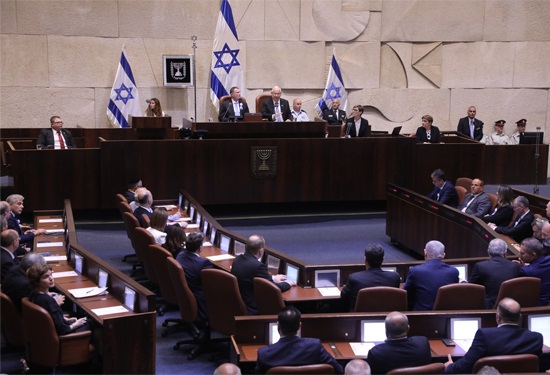
64-0! It should be an impressive vote in any country, especially in Israel, where a simple parliamentary majority has been elusive since the State was founded. This was not to be. The vote on July 24 marks the vertical social, political and, above all, ethical divide within Israel. Over thirty weeks of continuous protests proved ineffective. At least for now.
The popular protests did not prevent the narrow Right-religious government, led by Prime Minister Benjamin Netanyahu, from passing the bill limiting the powers of the judiciary. The Knesset vote enables the Netanyahu government and its successors to prevent the Supreme Court from overturning controversial appointments, decisions and rules. This is the first step towards marginalising and minimising the role and influence of the judiciary.
Even seven decades after its founding, Israel is yet to have a written Constitution, and hence, the judiciary has been the custodian of individual and social rights. Its duties are to establish norms and call out the increasingly corrupt political elites, undo discriminatory social policies and above all, weed out public corruption. As happens to several democracies, corruption and popularity co-exist but on different planets, and the voters are influenced more by freebies than ethics.
The Knesset vote also signalled the inability of the opposition and the popular protests to influence the ruling coalition. Since 1948, the Right had a grievance that the State, its history, policies and trajectory were slanted in favour of the Left at the former’s cost. If the Labor Party dominated politics, socialism remained the character of the Israeli society and economy. The electoral victory of the Likud in 1977 began a shift in these areas, and the market economy has gradually taken root in the last two decades.
The religious parties—nationalist, orthodox and ultra-orthodox streams—were quick to capitalise on the social shifts towards the Right. Though the Labor Party briefly came to power, the religious parties closely aligned themselves with the Right. In return for economic benefits and religious concessions, the Likud-led Right has secured the unwavering support of the religious parties on other national policies, including its hard-line position vis-à-vis the Palestinians. In short, since losing its monopoly in 1977, the Israeli Left could not secure the support of the critical segment of Israeli society—the religious parties—which generally control about a quarter of seats in the Knesset.
This Right-religious combination enables Netanyahu to override popular protests. Even international criticisms, especially from the Jewish community in the US, could not dilute his resolve. That not a single member of the ruling coalition chooses to vote against or abstain during the critical vote is a reminder to the opposition that the wall-to-wall alliance of the Right-religious combo is intact.
Popular protests did not disturb the consciousness of any Likud lawmaker. The opinion polls, which predicted a clear victory for the Opposition, also did not disturb the Right. The Right honestly and deeply believes that restraining the judiciary is necessary for steering the State along its ideological lines.
However, the July 24 setback also has a few silver lines. The opposition is heterogeneous and cuts across political, social, economic, class, religious and ideological divisions. Civil disobedience has spread to the apolitical and professional military. The new and unprecedented rebellion, manifested by reserve soldiers not showing up for duty, will undermine Israel’s national security concerns and policies and embolden Israel’s adversaries. Already there are jubilations in Iran and Hizballah. However, Israelis are fighting for the kind of State they seek to secure. In short, security for whom, rather than security against whom.
Two, like the coalition, the Opposition is equally united. Despite efforts and inducements, no one defected, and they left the Knesset in unison when the crucial vote was taken. Once again, this is unprecedented. The proportional representation system of election leaves no scope for mass resignation of the lawmakers, as resigning members will be replaced by the next person in the list submitted at the time of the last Knesset election.
Three, Israel is highly integrated into the global economy and politics. International credit agencies have already started lowering their credit ratings due to the vertical political split on judicial reforms. While Israel has extracted itself from severe economic crises in the past, this time, the situation is different and self-inflicted. Should a downward economic forecast or meltdown happen, Israel will have a deeper social crisis.
Four, the popular protests since early January have been massive and peaceful. Even the largest protests of over 200,000 persons were free of violence. The popular anger at Netanyahu bulldozing his agenda did not spell into violence, an uncommon phenomenon in the ever-turbulent Middle East. The protestors rallying around the Israeli flag prevented Netanyahu or his allies from delegitimising the opposition or seeking extra-constitutional repressions.
The protests are reminders of the cardinal principle of Jewish history: law above everyone. Rebelling and opposition are integral to Jewish life, and enlightened Jewish history begins with Moses and the Ten Commandments, codifying moral and ethical values. For his narrow, personal and short-sighted interests, Netanyahu seeks to undermine this Jewish principle that everyone, including the kings, should be governed by the same public law. Still, even in this soul-wrenching moment, dissent is expressed following norms. Democracy is not about voting but fighting for one’s beliefs, every time and in every manner, but within the confines of the law. Fighting Netanyahu—who seeks to undermine the legal system—peacefully and within the confines of the law is the true irony of the Israeli protests.
Note: This article was originally published in The New Indian express on 2 August 2023 and has been reproduced with the permission of the author. Web Link
As part of its editorial policy, the MEI@ND standardizes spelling and date formats to make the text uniformly accessible and stylistically consistent. The views expressed here are those of the author and do not necessarily reflect the views/positions of the MEI@ND. Editor, MEI@ND: P R Kumaraswamy
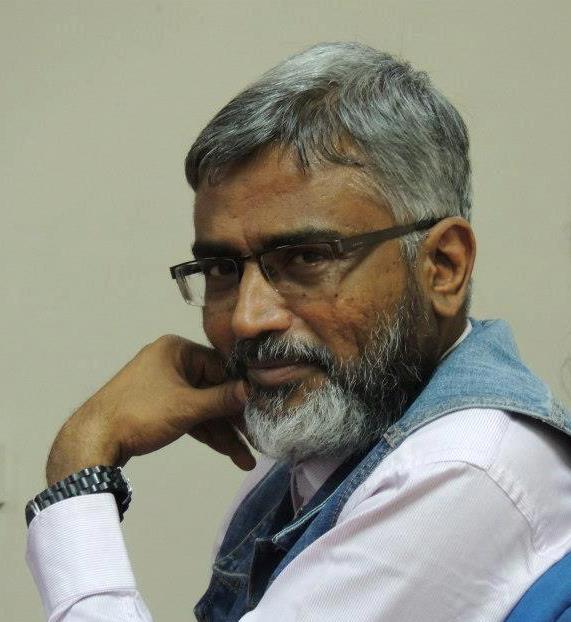
Professor P R Kumaraswamy is Honorary Director of MEI@ND.
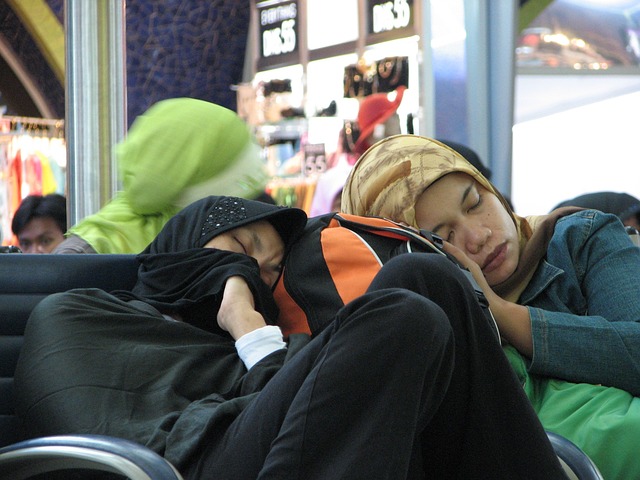
When peace is viewed as ‘surrender’, there is little one can accomplish. Without an effe.....

The magnitude of the missile attack on Israel carried out by Iran in the early hours of Sunday was u.....

While the details are still emerging, the Hamas attacks from the Gaza Strip on Saturday were well pl.....

The Libyan controversy reminds us of the more significant problem facing Israel. While the scale and.....

King Bibi is back! After one year in the Opposition, Benjamin Netanyahu, a close friend of Prime Min.....

Political instability is an integral and inseparable part of Israel’s landscape. For the fifth.....

Even by the Israeli standard of coalition fragility, the Bennett-Lapid government, which completed o.....
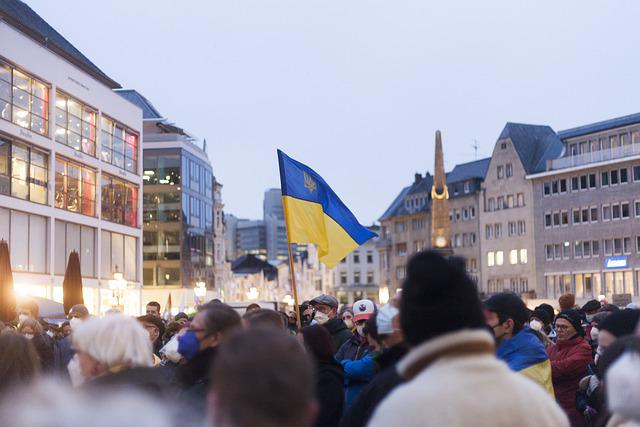
Soon to enter its fourth month, the Russian invasion of Ukraine has made irreversible damages to glo.....
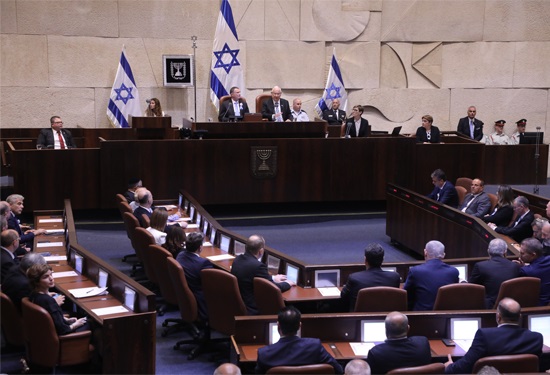
The visit of Israeli Prime Minister Naftali Bennett to India scheduled for last week had to be cance.....

The drone attack on Abu Dhabi on Monday (January 17) by the Houthi rebels marks a major escalation o.....
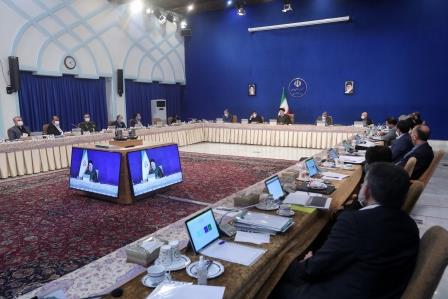
Of late, Israel-Iran shadow-boxing has been getting ominous. If Israel’s diplomatic offensive .....

In early November, Moscow hosted Mohammed Dahlan, a former right-hand man of Palestinian leader Yass.....

Nearly three decades after Prime Minister P V Narasimha Rao broke from the past and normalised relat.....

Earlier it was Pakistan and now China. So whatever India does and does not do externally has to be l.....

In several ways, the Taliban takeover of Afghanistan can be a game-changer in India’s worldvie.....
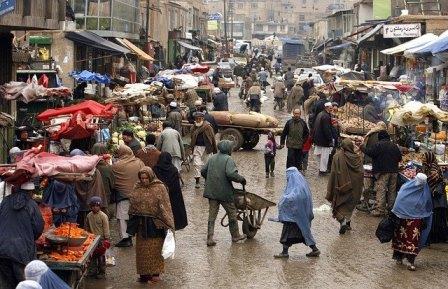
The Taliban takeover and its fallout exposed the limited diplomatic space for India in its immediate.....

Given the travel restrictions, local lockdown and sluggish economic revival, that over three lakh pe.....
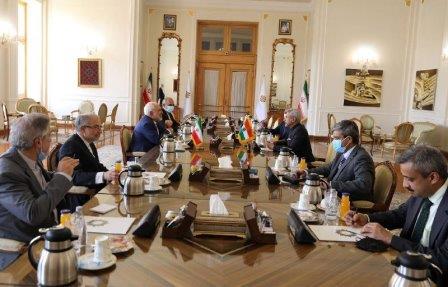
Since 2005, some critical decisions over Iran have been taken by the MEA’s US Division. So que.....

“Bibi dethroned”. This is the expression used in the Israeli media to describe the forma.....
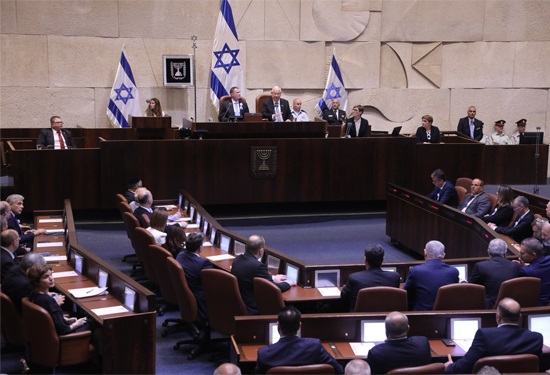
Despite having a woman prime minister in Golda Meir, female political representation in Israel has n.....

The most interesting aspect of the new Bennett-Lapid government in Israel is the emergence of Mansou.....
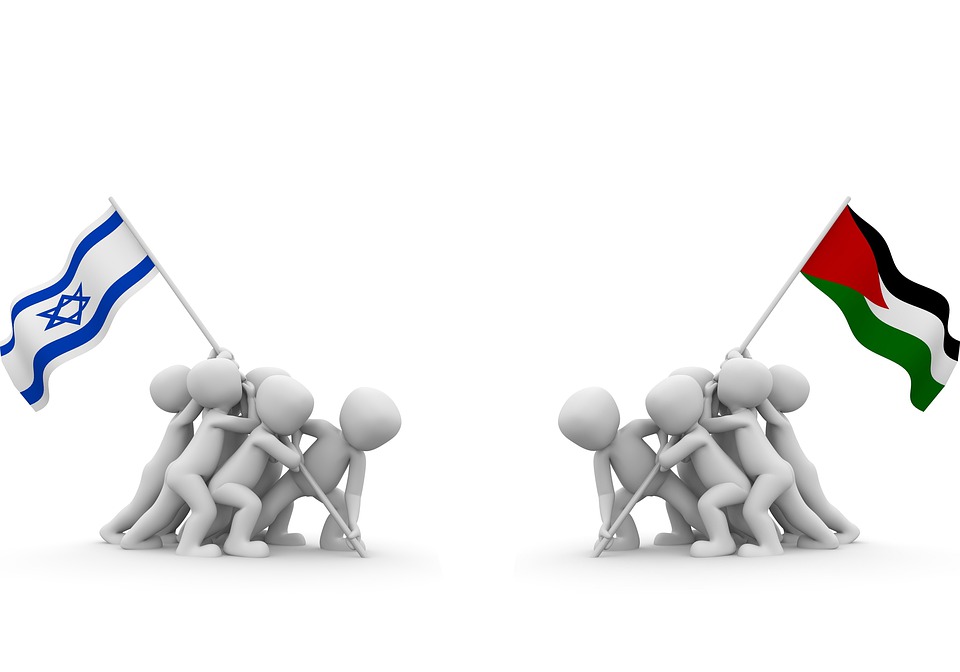
When it comes to mediating international crises, India’s track record is a mixed bag. In recen.....

Going by the Israeli media, it is clear that the arm-twisting by the Biden Administration forced the.....

Indeed, Hamas is better placed today than it was in January 2006 and the current round of violence i.....

While the international community wants de-escalation and an early end to the conflict, the chances .....
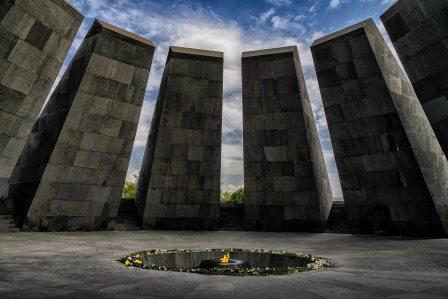
Ending the past silence, US President Joe Biden marked the Armenian Genocide Remembrance Day of Apri.....

The visit of Foreign Minister of Bahrain Abdullatif bin Rashid Al Zayani to India during 6-8 April r.....
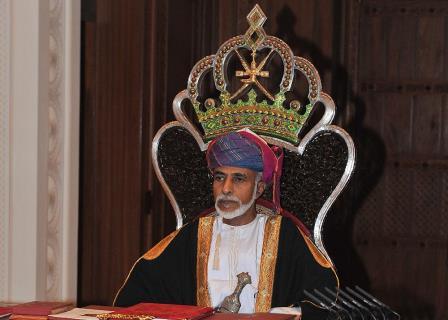
By posthumously bestowing the Gandhi Peace Prize for 2019 upon Sultan Qaboos of Oman, New Delhi seek.....

Much to the displeasure and discomfort of Saudi Crown Prince Mohammed bin Salman (more widely known .....
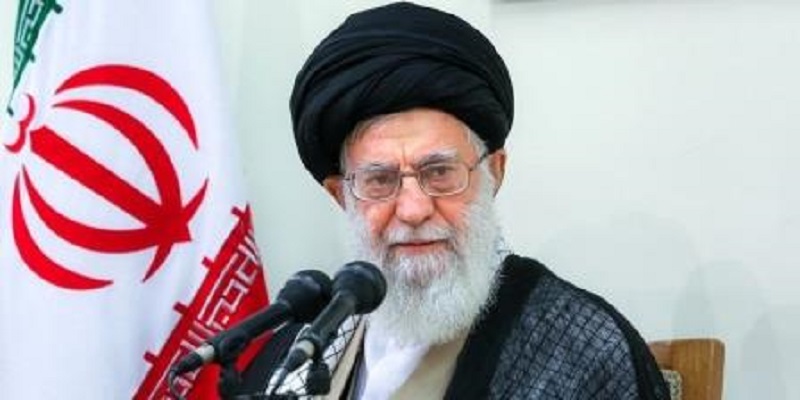
The nomination of Robert Malley, a veteran hand in Washington policy circles, as the Special Envoy f.....
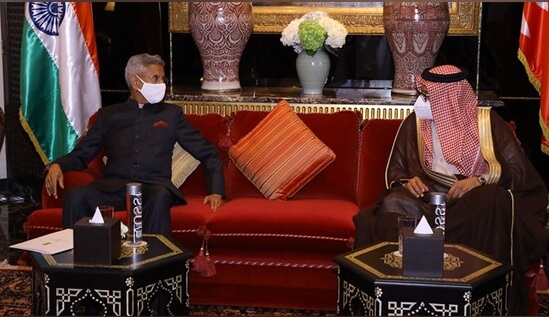
The two-day visit of External Affairs Minister S Jaishankar to the United Arab Emirates last week is.....

United Arab Emirates’ (UAE) decision to normalise relations with Israel is the most dramatic e.....
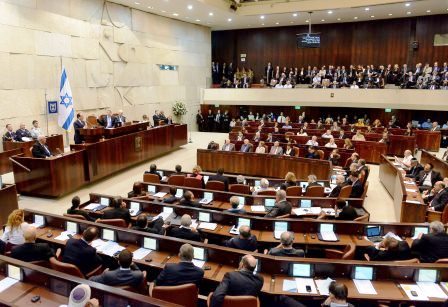
Declaring victory moments after the polling ends has become the hallmark of Benjamin Netanyahu; and .....

Israel went to polls for the 23rd Knesset on 2nd March. The third parliamentary elections within one.....
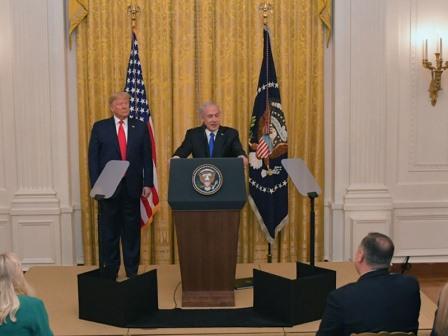
With possible removal from office hanging over their heads, US President Donald Trump and Israeli Pr.....
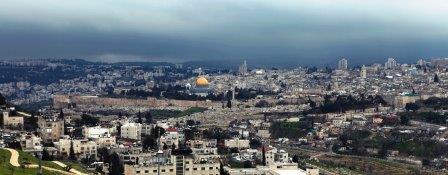
US Secretary of State Mike Pompeo’s sudden and unexpected announcement regarding Israeli settl.....
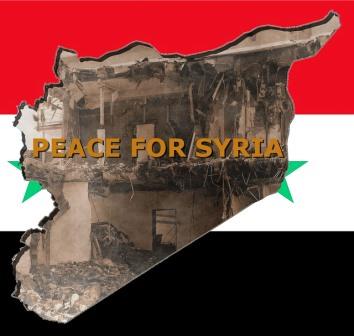
US President Donald Trump’s decision on imposing sanctions on Turkey has rocked the ever-turbu.....
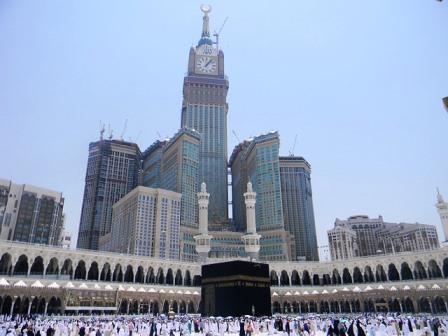
Prime Minister Narendra Modi’s two-day visit to the Kingdom of Saudi Arabia this week highligh.....
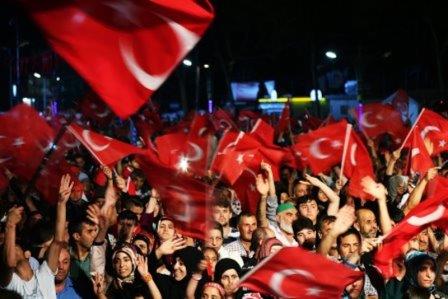
Prime Minister Narendra Modi's reported decision to postpone a planned visit to Turkey comes a c.....

With the sole and notable exception of Pakistan, India's relations with the wider Islamic world .....
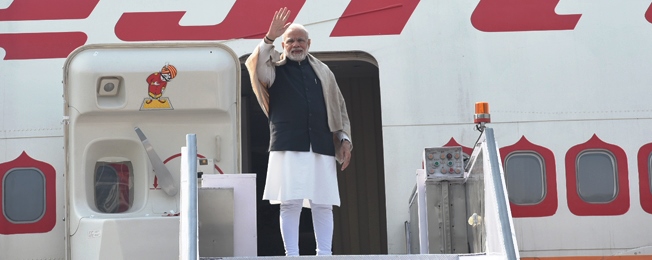
For a long time, India’s relationship with its extended neighbourhood in the Persian Gulf was .....

The Israeli legislative or Knesset election last week has turned out to be a rerun of the 9 April on.....
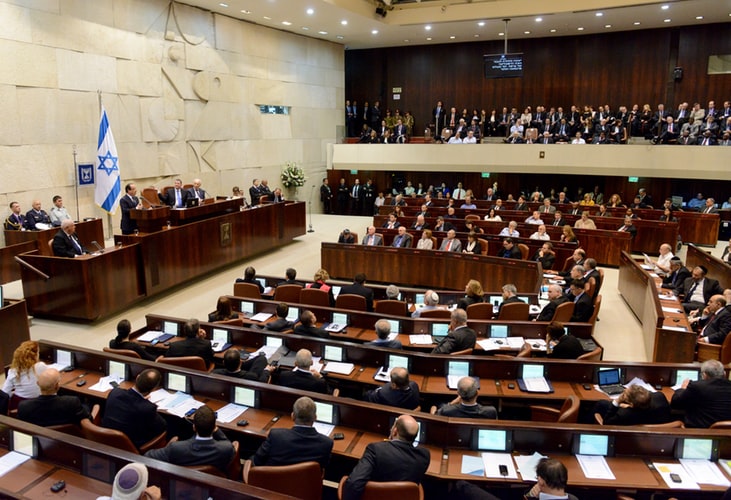
Will 2019 see a third Knesset election? This question is going rounds in Israel as it faces the seco.....

When he called Indian Prime Minister Narendra Modi to congratulate on his re-election with a landsli.....
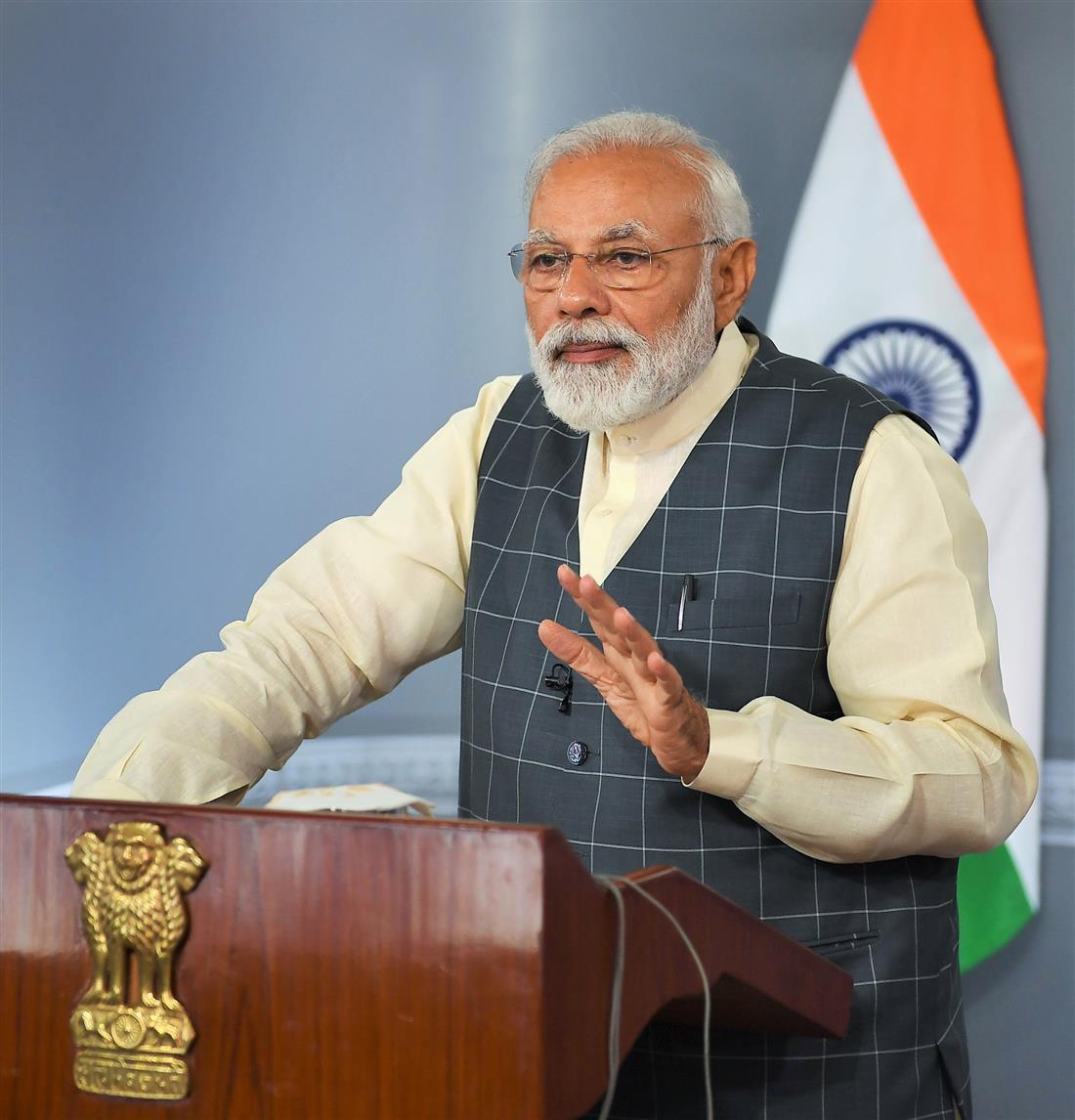
The resounding re-election of Prime Minister Narendra Modi is a blessing for India's relat.....
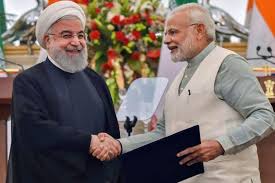
Iran is back in the news and for all the wrong reasons. It has been the unnecessary third .....
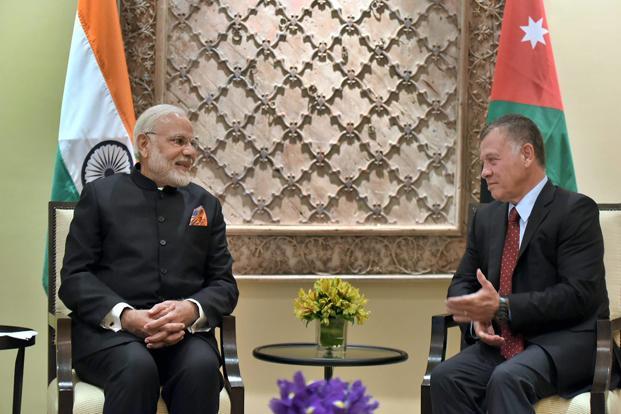
During the close to a century of its existence, the Hashemite Kingdom of Jordan has been, as former .....

In their eagerness to focus on and flag the de-hyphenation of the traditional Israel-Palestinian bin.....
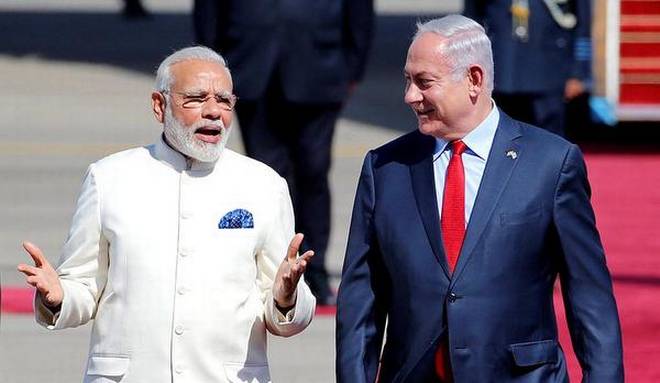
In the closely scrutinised India-Israel relationship, there is little in the public domain that rema.....

You know what, it will go to the dustbin’ my articulate friend was blunt, brutal but.....

Balfour Declaration, A Century Later If one were to make a list of the most influential.....
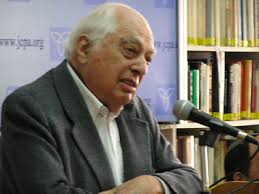
Professor Bernard Lewis—a towering personality on the Middle Eastern academic landscape—.....

B orn in Poland on 2 August 1923, Szymon Persk who later Hebraised his name as Shimon Peres was the leader.....
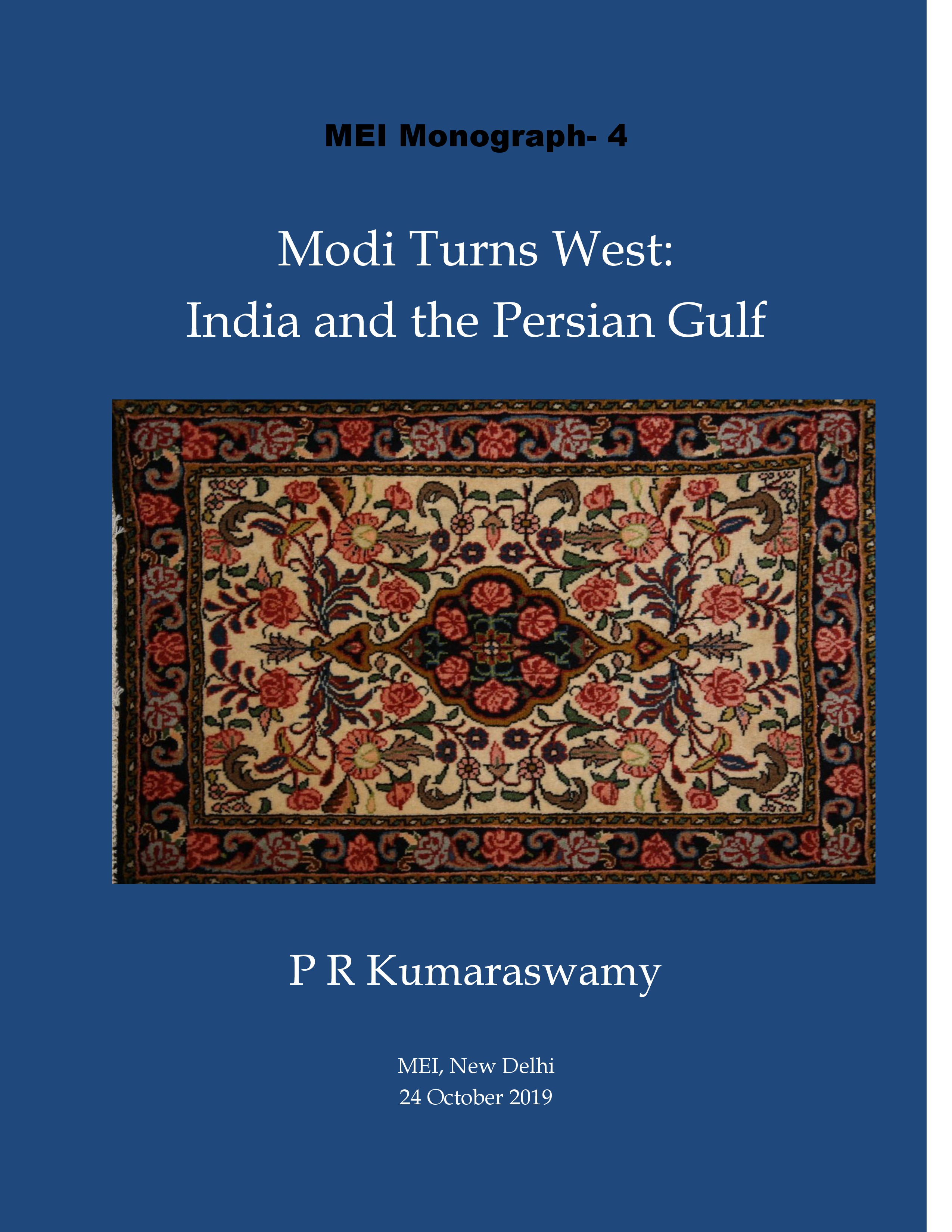
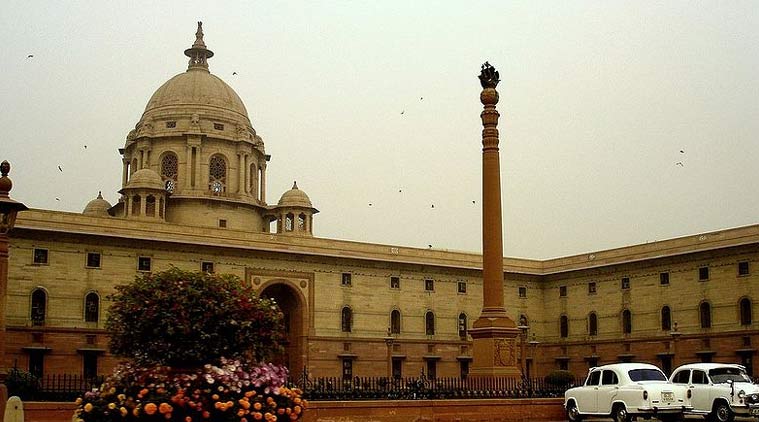
W hat What began as a protest by a marginalized vegetable vendor in Sidi Bouzid in Tunisia soon spread lik.....
